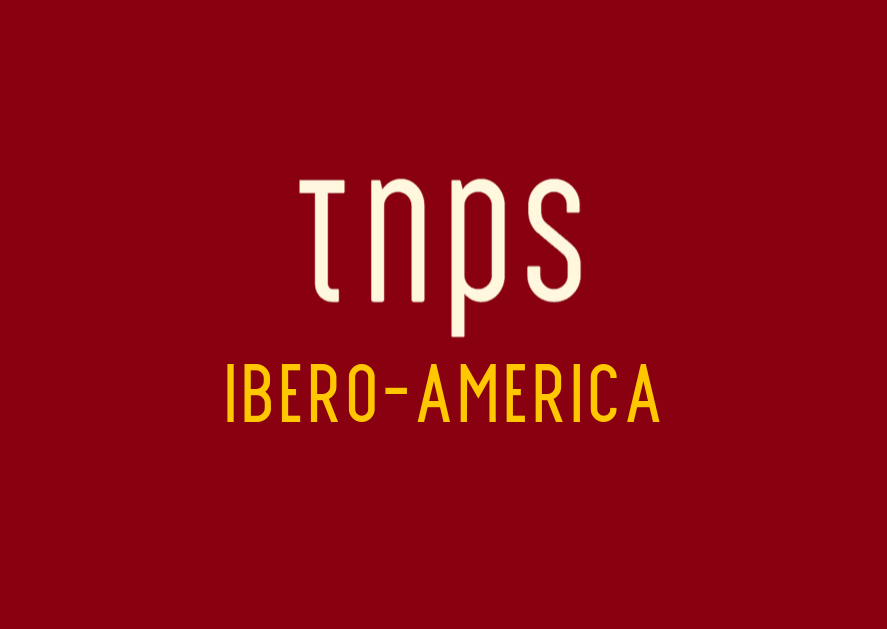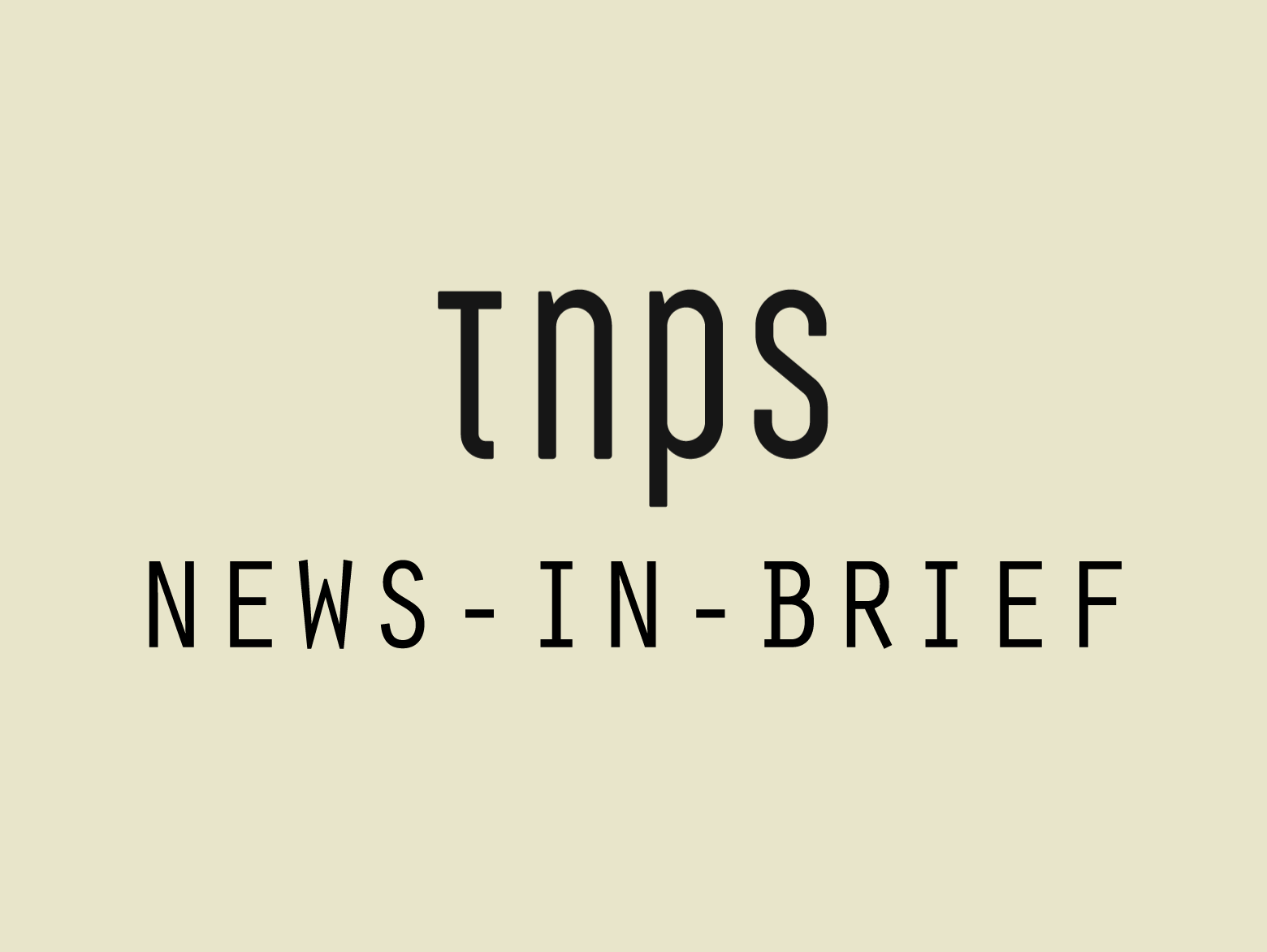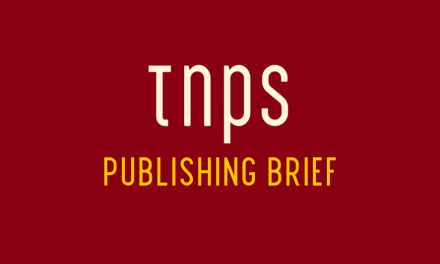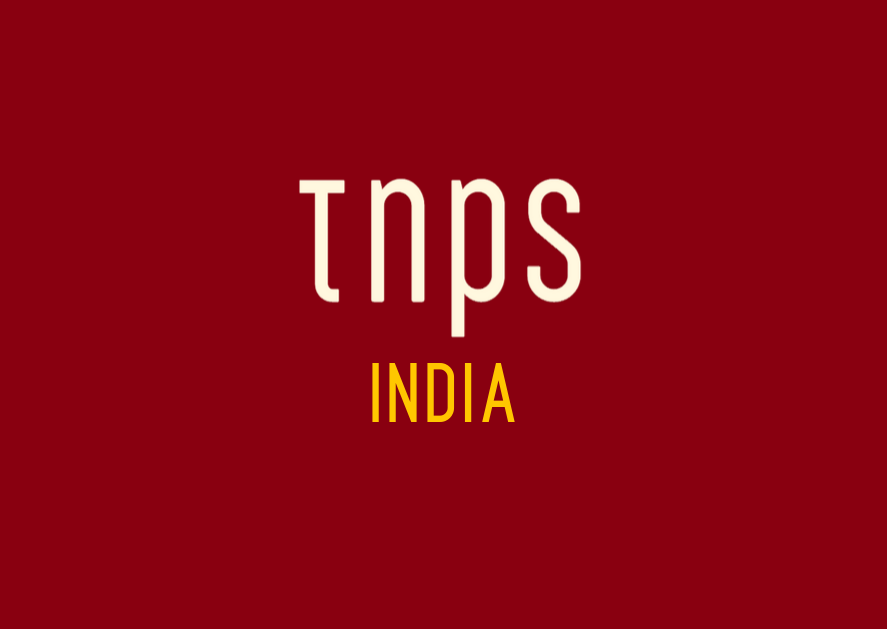Even within a single country there can be simultaneously cause for hearty cheer and cause for deep concern as some publishers embrace the digital advantage while others wear their never-digital credentials like a badge of honour.
While it’s still premature to speak too confidently of a post-pandemic publishing market there are indications the world is perhaps over the worst, although the spring of 2022 may yet shatter those hopes.
As we see in South Asia right now, major events including the Kolkata International Book Fair, the New Delhi World Book Fair, the Chennai Book Fair (these three events alone attracting five million visitors between them in good years) and the Bangladesh Ekushey Boi Mela are all in postponement phase.
But with the 2021 Frankfurt, Sharjah and Guadalajara events behind us, a successful Karachi International Book Fair in Pakistan already this year, the Cairo International Book Fair set to go ahead in Egypt, and Bologna ’22 and London ’22 seemingly on course to at least happen, if not match past historic incarnations, there is renewed cause for optimism.
And optimism is what shines through from International Publishers Association Vice President Karine Pansa, who coincidentally is Director of the Brazilian Book Chamber (CBL) and also in line to succeed Bodour Al Qasimi as President of the IPA in 2023.
So Pansa’s words are worth special consideration when we evaluate a report from Brazil’s international trade promotion body Brazilian Publishers this past week (just before the latest stunning Nielsen figures from Brazil), reflecting on the state of publishing globally, and in relation to the world’s sixth largest country by internet users (149 million people online).
It is a period of adaptation and resilience. The publishing sector in several countries has grown in terms of the number of businesses and there has also been an effective recovery in book sales since last year … I see the global market heated up as a whole, we had drops and then expressive recoveries.
Pointing out the “importance of digital in the recovery of the post-pandemic publishing market” Pansa cites the IPA’s survey “From response to recovery”, which per the Brazilian Publishers report “measures the impact of Covid-19 on the world’s publishing industry”, and the “International Sustainable Publishing and Industry Resilience Plan (InSPIRe)”.
To borrow Brazilian Publishers’ succinct assessment:
Both (initiatives) have confirmed that in societies in which the industry and the internet model were already better developed and prepared in relation to market technologies, such as the use of e-commerce, e-book, and audiobook, the market was able to catch up and recover much faster than in places where these tools were little used.
That of course also being a theme covered and still being treated here at TNPS, where I continue to explore the divergent pathways and consequences of the two publishing strategies.
On Brazil, Pansa notes:
I believe that after two years, we have a market that has managed to adapt as a whole, however, some regions still suffer from a lack of local development. I see this same situation in Brazil, which is such a big country and with such different regions. In more developed regions, the market recovery was much more expressive, and in less developed regions, this recovery is a little slower and gradual. So, we cannot talk about the growth of an entire market in global or national terms, but by regions.
One need only to look at TNPS coverage of how the India market is playing out –
– to see how even within a single country there can be simultaneously cause for hearty cheer and cause for deep concern as some publishers embrace the digital advantage while others wear their never-digital credentials like a badge of honour.
Brazilian Publishers Executive Manager Fernanda Dantas, discussing how Brazil publishing fared on the international stage, said:
Last year we already had a significant recovery. For 2022, we expect this growth to be even better, with the return of face-to-face activities and the adaptation of publishers to digital.
Dantas talks of “a reheating of the global book market”, with estimates indicating that the 56 publishers participating in the Brazilian Publishers Programme closed the year with approximately US $600,000 in book sales and US $450,000 in copyright and services. The estimated result shows good growth when compared to 2020, which in total moved only USD 636,000.
Just as I was about to post this the domestic numbers for Brazil came in, via the trade journal PublishNews, and the report from Nielsen and the National Union of Book Publishers (SNEL) is stunning.
Brazil’s publishers didn’t just ride out the Pandemic, but did do in style, with record revenue of BRL 2.2 billion ($403 million) from unit sales of 55 million, marking 29% growth in both revenue and volume.





